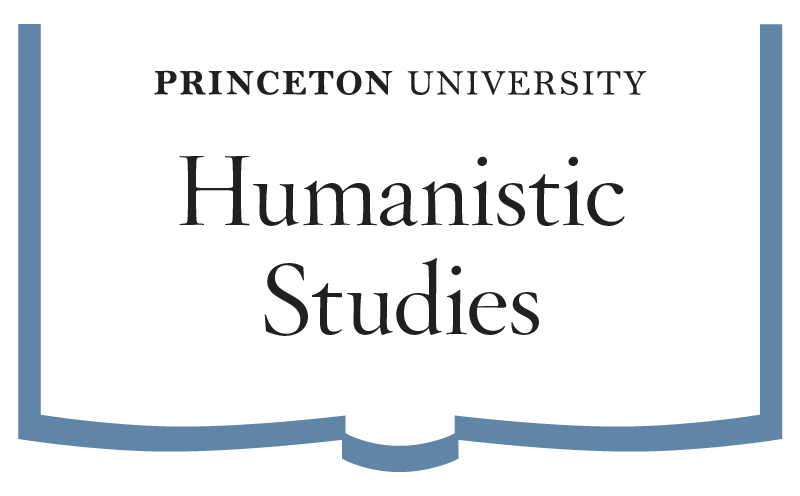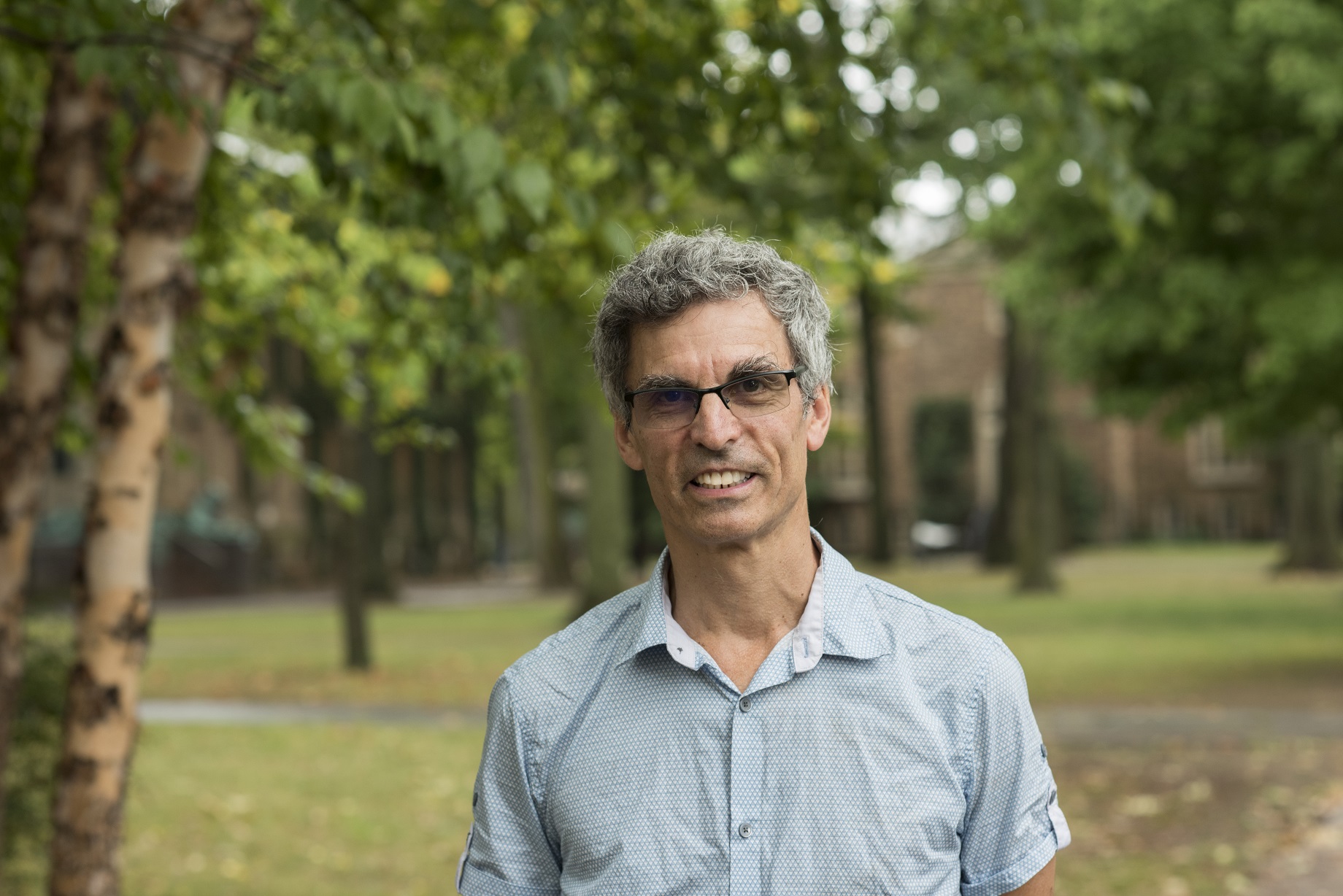Michael Wachtel’s research focuses on Russian poetry and poetics from the eighteenth century to the present. He is especially interested in questions of literary interpretation, both how a poem communicates as an individual work of art and how it fits into a larger tradition (whether Russian or European). These concerns are reflected in Wachtel’s books The Development of Russian Verse(Cambridge, 1998) and The Cambridge Introduction to Russian Poetry (Cambridge, 2004). Two poets play an especially prominent role in Wachtel’s scholarship: Aleksandr Pushkin (1799–1837) and Viacheslav Ivanov (1866–1949). The former, widely acknowledged as Russia’s greatest writer, helped to create the modern literary language. Wachtel’s Commentary to Pushkin’s Lyric Poetry 1826–1836 (U. of Wisconsin Press, 2011) provides the biographical, literary, historical, and cultural background essential to understanding Pushkin’s achievement. Viacheslav Ivanov was one of the most significant figures in pre-revolutionary Russian culture, but his emigration to Italy in 1924 made him a persona non grata in the Soviet Union. Wachtel’s numerous books and articles have been part of a post-Soviet Ivanov renaissance. These include a monograph that traces Ivanov’s indebtedness to German writers (Russian Symbolism and Literary Tradition: Goethe, Novalis, and the Poetics of Vyacheslav Ivanov, U. of Wisconsin Press, 1994) as well as two books of correspondence gathered in archives in Russia, Germany, Switzerland, France, Italy, Israel, and the USA.
For full bio please visit the Slavic Languages and Literatures Department website.













